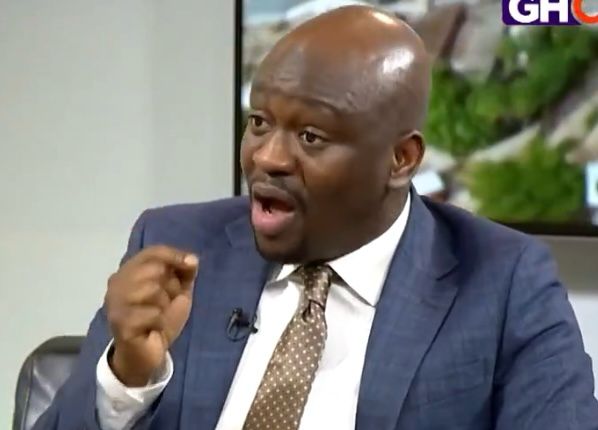Ghana’s journey towards democratic consolidation since its return to constitutional rule in 1992 has been a testament to the nation’s commitment to fostering a pluralistic and participatory political system. This transition, however, has not been without its challenges. The delicate balance between free speech and responsible political discourse remains a critical area of concern, particularly given the potential for inflammatory rhetoric to undermine the very foundations of democratic stability. Hamza Suhuyini, a member of the National Democratic Congress (NDC) communication team, emphasizes the importance of mindful public pronouncements by politicians and commentators alike, recognizing the significant influence their words carry in shaping public perception and potentially inciting actions that could jeopardize Ghana’s democratic progress.
Suhuyini’s cautionary message underscores the inherent tension between the freedoms guaranteed by democracy and the responsibility that accompanies such freedoms. While democracy offers the platform for diverse viewpoints and robust debate, the misuse of this platform through irresponsible, inflammatory, or misleading statements can erode public trust in democratic institutions and processes. The potential consequences of such erosion are far-reaching, ranging from political polarization and social unrest to the complete breakdown of democratic norms and the potential return to less desirable forms of governance. Suhuyini rightly highlights the dangers of military rule as a stark reminder of the alternative to democracy – an alternative that Ghanaians have experienced and decisively rejected.
The cost of maintaining a thriving democracy extends beyond financial considerations. It necessitates constant vigilance and a collective commitment to upholding the principles of tolerance, mutual respect, and adherence to the rule of law. This commitment must be shared by all stakeholders, including political actors, media practitioners, civil society organizations, and ordinary citizens. Suhuyini particularly emphasizes the role of political commentators who, by virtue of their platforms and influence, bear a significant responsibility to ensure that their analyses and pronouncements are grounded in facts, reasoned argumentation, and a commitment to protecting democratic principles. The temptation to prioritize partisan interests or resort to inflammatory rhetoric for short-term political gain must be resisted in favor of fostering a culture of responsible public discourse.
The judiciary plays a crucial role in upholding the rule of law and ensuring the fair and impartial administration of justice. Suhuyini emphasizes the importance of public trust in the judicial process, acknowledging that while justice may sometimes be delayed, the pursuit of fairness and due process remains paramount. He cautions against undue political interference in judicial matters, stressing that neither the NDC nor the New Patriotic Party (NPP) should attempt to dictate the timeline or outcome of legal proceedings. This separation of powers is a fundamental tenet of democratic governance, and any attempt to undermine it poses a serious threat to the integrity of the system.
The pursuit of justice within a democratic framework often requires patience and understanding. Legal processes, by their nature, can be complex and time-consuming. While it is natural for individuals and political parties to have a vested interest in the outcome of specific cases, it is crucial to recognize that the judiciary must be allowed to operate independently and without undue pressure from political actors. Attempts to expedite or influence judicial decisions for political expediency undermine the principles of fairness and impartiality that underpin a just legal system. Public trust in the judiciary is essential for maintaining the stability and legitimacy of the democratic order.
Maintaining Ghana’s democratic gains requires ongoing dialogue, vigilance, and a commitment to responsible political engagement. The challenges posed by inflammatory rhetoric and the potential for political manipulation of democratic processes must be addressed proactively through a combination of legal frameworks, institutional reforms, and a broader societal commitment to upholding democratic values. The alternative, as Suhuyini aptly warns, is a return to forms of governance that have proven detrimental to the nation’s progress and the well-being of its citizens. The cost of democracy, while significant, is far less than the cost of its erosion.














